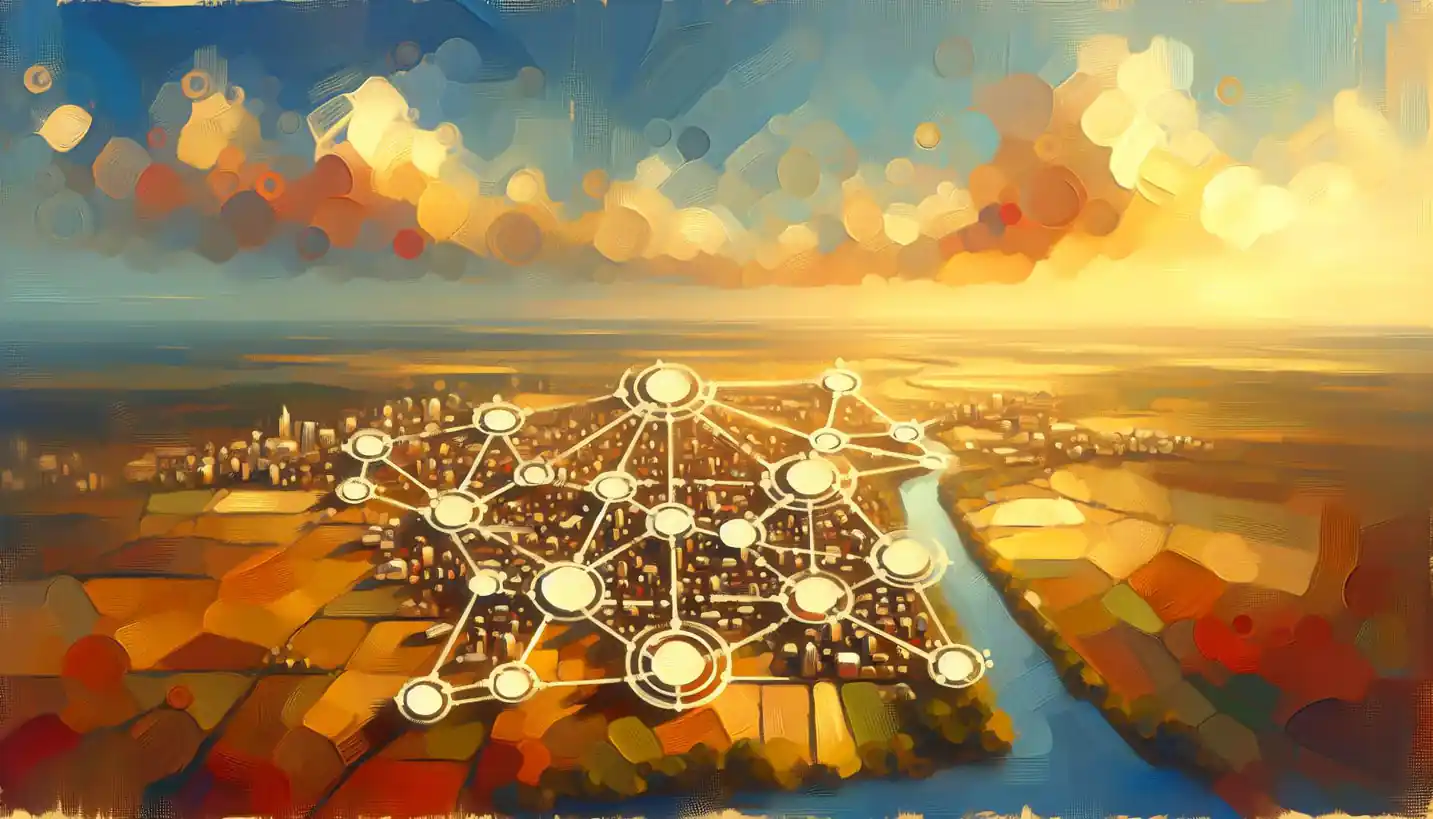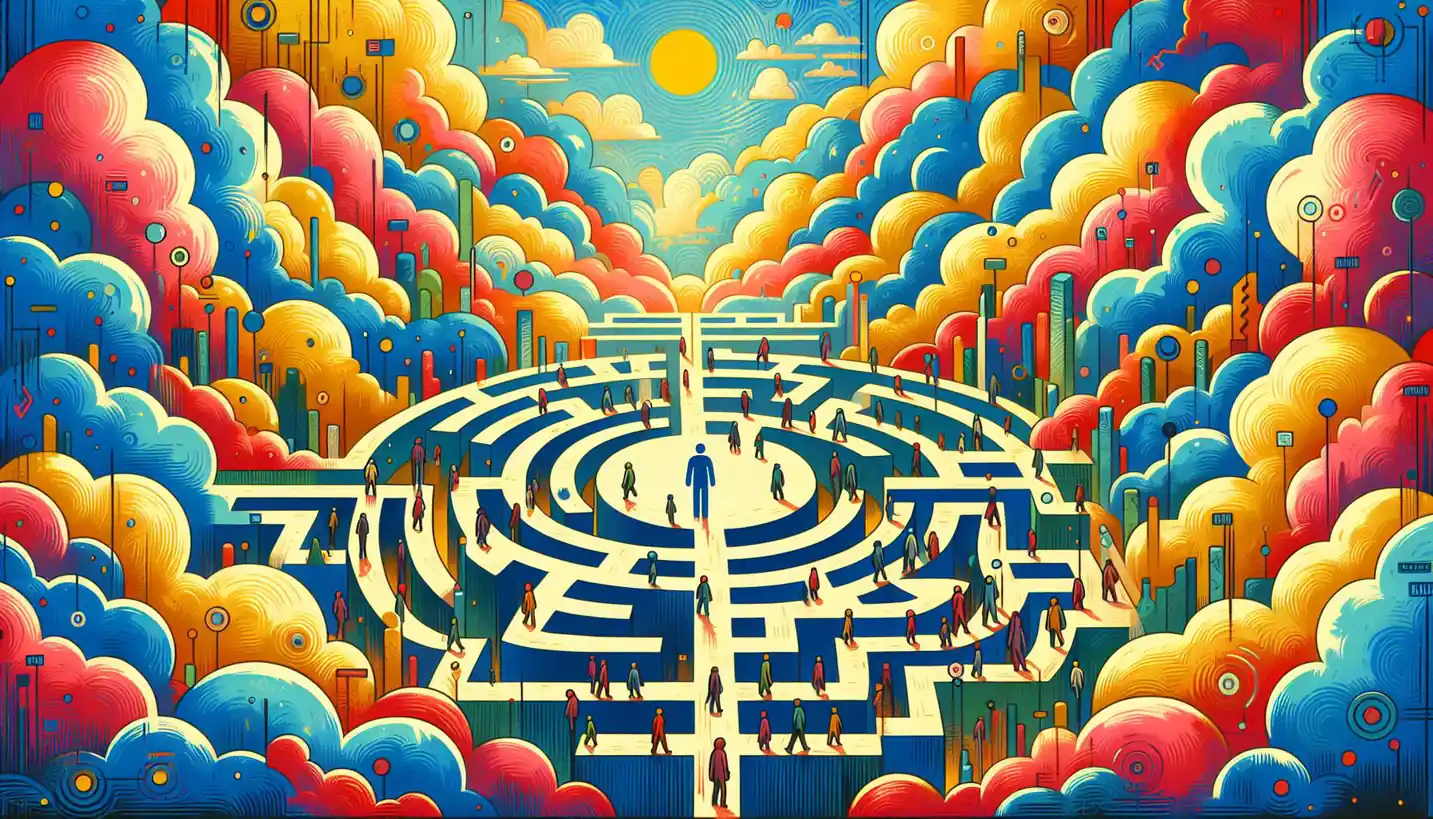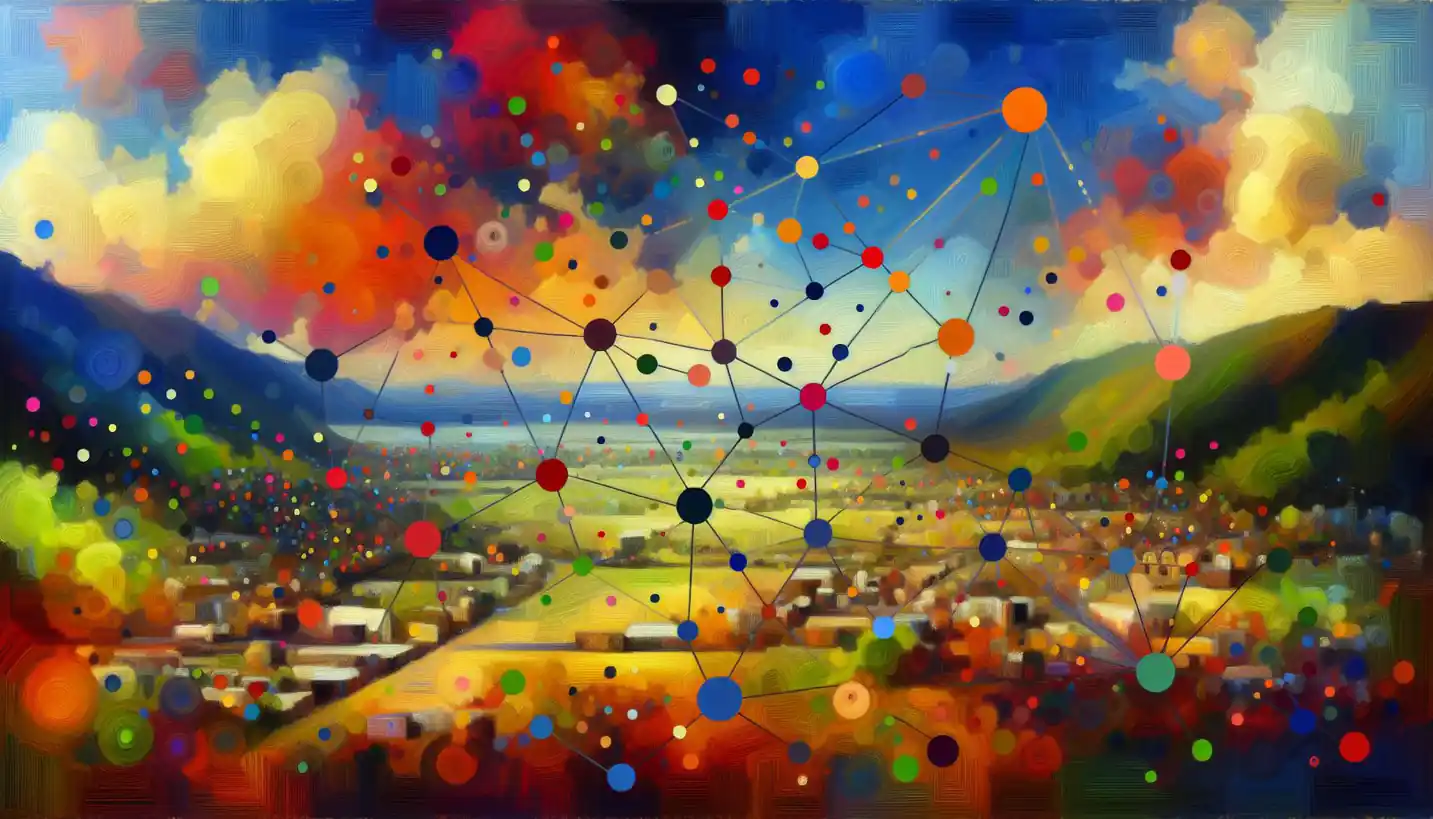· Sociology · 4 min read
Degrowth: A Path Toward a Sustainable Future?
Degrowth challenges the relentless pursuit of economic growth as a path to sustainability. Unpack this bold idea that suggests a viable future for our planet.

In recent years, people have started talking more and more about something called “degrowth.” It’s a fascinating idea that’s got plenty of folks wondering: What does it mean for our world? Our modern society seems to be obsessed with growth, constantly pushing for higher GDPs and bigger markets. But what if more growth isn’t always the answer?
Think of degrowth as a way of hitting pause and asking ourselves whether chasing endless expansion is truly beneficial. It suggests that we should prioritize well-being and the environment over economic grow-up. The idea is that, instead of always wanting more, we could focus on having just enough, and that might actually make us happier and healthier.
The Roots of Degrowth
To understand where degrowth comes from, we need to take a look at its roots in environmental sociology. In the 1970s, concerns about resources running out and the environment being damaged by relentless industrial activity started to grow. Scientists and environmentalists began to argue that our planet’s finite resources couldn’t support infinite economic expansion.
Degrowth isn’t just about cutting back; it’s about fundamentally rethinking values. We’re talking about prioritizing quality of life, social equity, and the ecosystem’s health over the endless chase for productivity and consumerism. It’s an attempt to address the negative impacts of overconsumption, like pollution, social inequality, and stress.
The Economics of Scaling Down
Now, let’s talk about how degrowth might look economically. Instead of measuring success by GDP, which merely considers the monetary value of goods and services produced, an economy focused on degrowth might measure success in terms of environmental health or social well-being.
Imagine if, instead of more cars, we had better public transportation, or rather than more gadgets, we had longer-lasting, repairable ones. Degrowth economics aim to find what truly benefits society without exhausting nature or human resources. This means supporting local economies, promoting less materialistic lifestyles, and investing in renewable energy.
Inspiring Examples
Degrowth is not just theoretical; there are real-life examples getting attention. Take Bhutan, for instance. Instead of GDP, they measure Gross National Happiness. They prioritize education, mental health, and the environment over unchecked industrialization. They demonstrate that it’s possible to focus on people’s wellness rather than the relentless pursuit of consumption.
In some parts of Europe, small towns have experimented with community-based living, sharing resources, and reducing waste. These initiatives might seem small-scale, but they pave the way for a broader understanding of sustainable living.
Challenges and Criticisms
Degrowth isn’t without its critics. Some argue that it’s not realistic or that it could lead to unemployment and economic instability. After all, current economic systems are built around growth. Shifting away from that model would require drastic changes in policy and mindset, which is no small task.
Moreover, there’s concern over how degrowth might affect developing countries, where economic growth is seen as crucial for reducing poverty and improving living standards. Balancing the needs of different regions and populations adds another layer of complexity.
Imagining a Degrowth Society
Still, let’s take a moment to imagine a world where degrowth is the norm. People might work less, giving them more time for family, hobbies, or community activities. Cities could offer more green spaces, and energy would be renewable and widely accessible. Communities could be closer-knit, with more sharing of goods and services.
Think about the potential for innovation. A degrowth society could drive creative solutions to living sustainably, utilizing technology and traditional knowledge in harmony.
The Future of Degrowth
So, what does the future hold for degrowth? As climate change and environmental degradation become more pressing, the ideas behind degrowth gain traction. It’s not just about saying “no” to growth but saying “yes” to different values—those that might actually improve our lives and the world around us.
Governments, organizations, and individuals are increasingly interested in sustainable living models. Whether it’s through policy, grassroots movements, or personal choices, the influence of degrowth is spreading. It challenges the status quo, sparking conversations on what economic success should look like, and it opens the door to a more balanced relationship with our planet.
For a concept that began as a critique of industrial society’s shortcomings, degrowth has become a hopeful vision for many, providing possibilities to reconsider how humans live in harmony with the Earth. Instead of focusing on the “more is better” mantra, it offers a chance to focus on what’s genuinely important.
While the path to a degrowth society is filled with hurdles, it’s a conversation worth having. By embracing this idea, or even adopting parts of it, we might not only preserve the planet but also enrich our lives in meaningful ways. It’s a radical vision, indeed, but perhaps it’s the kind of radical change we need.



